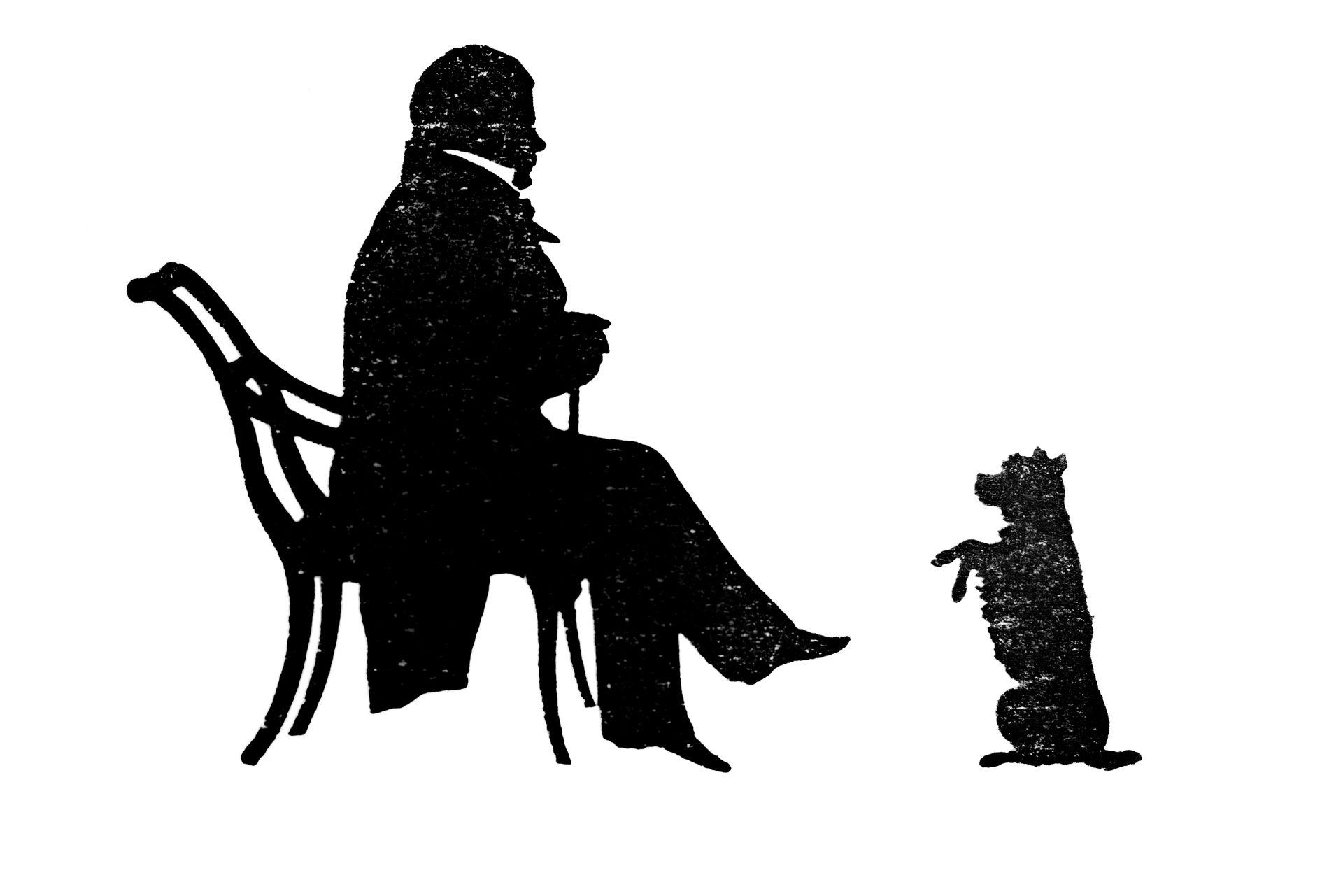1969
Our President in 1969/70 was:
The Hon. Lord Kilbrandon
He proposed the Toast to Sir Walter at our 62nd Annual Dinner on Friday 6th March 1970 in The North British Hotel, Edinburgh
Download the [transcript] or read the [bulletin]
Summary of the Speech:
Lord Kilbrandon’s toast, rich in literary and historical reflection, blends personal reverence with a broader cultural tribute to Sir Walter Scott. His speech moves from philosophical musings on Scott’s timeless appeal to a vivid retelling of Scott’s 1814 voyage with the Commissioners of Northern Lighthouses.
Key Themes:
- Scott’s Enduring Appeal:
Kilbrandon opens by acknowledging the heavy responsibility of honouring Scott, but notes that Scott remains “possibly inexhaustible” as a subject. While Scott’s literary reputation has fluctuated, Kilbrandon argues that the man himself remains consistently beloved—a tribute to his personal character, not just his books. - Beloved in His Own Time:
Scott’s calm amidst fierce political division (even during Napoleonic wars and domestic tensions) is highlighted. Kilbrandon points out that Scott maintained friendships across political lines—especially with Henry Cockburn—even when views diverged strongly. - Scott Among Friends:
Kilbrandon seeks to show Scott not as the public giant but as the relaxed, affable man among friends. He recalls Scott’s 1814 voyage with the Lighthouse Commissioners, illustrating Scott’s sociability, curiosity, and modesty. - The 1814 Lighthouse Voyage:
A major portion of the toast recounts Scott’s time aboard the “Lighthouse Yacht” visiting northern lights. Notable details: - Scott joined not as a Commissioner but as a guest.
- His shipmates included William Erskine and Robert Hamilton.
- The voyage included rough seas, lighthouse visits, and jovial camaraderie.
- A humorous anecdote describes Scott sliding on marble at Strathaird’s cave, damaging his trousers.
- The Poem “Pharos loquitur”:
Scott’s poem written in the lighthouse visitors’ book is recited. Though modest in literary merit, Kilbrandon treasures it for its occasion and tone. - Robert Louis Stevenson’s Reflections:
He references Stevenson’s Reminiscences of Sir Walter Scott, highlighting the touching account of Stevenson’s grandfather (Thomas Stevenson) mourning his final cruise. Kilbrandon admires Stevenson’s portrayal of Scott as “healthy, happy, intrepid... a man of ten millions.” - Final Tributes:
Kilbrandon concludes by encouraging guests to revisit Lockhart’s biography of Scott, particularly the delightful chapter on the voyage, and closes his toast with heartfelt homage: “The Memory of Sir Walter Scott.”
Noteworthy Details:
- Tone: Intimate, affectionate, literary, occasionally humorous.
- Sources Cited: Lockhart, R.L. Stevenson, Seton Gordon’s S.M.T. Magazine article (1932).
- Style: Erudite and personal—less academic, more anecdotal.
- Unique Insights:
- Scott’s sociability with sailors (sitting in “the Locker”).
- The “Lighthouse Yacht” had no formal name.
- Stevenson’s note on Scott’s final departure was likened to a national celebration.
Download the [transcript] or read the [bulletin]

Subsidiary Toasts
After the Toast to the Queen had been honoured the Chairman proposed “The City of Edinburgh” to which the Right Hon. James W. McKay, Lord Provost, replied.
The Toast of “Her Majesty’s Forces” was proposed by P. J. Oliphant, Esq., D.K.S., and the reply was made by Lieutenant-General Sir Henry Leask, K.C.B., D.S.O., O.B.E.


